Table of Contents
- Introduction
- Definition of Very Low-Calorie Diet
- Benefits of Very Low-Calorie Diets
- Risks and Considerations
- Sample Meal Plans
- Tips for Success
- Conclusion
Introduction
Very low-calorie diets (VLCDs) have gained popularity for their rapid weight loss results. In this article, we will explore the meaning and benefits of VLCDs, as well as the risks and considerations involved.
Definition of Very Low-Calorie Diet
A VLCD is a diet plan that typically consists of consuming less than 800 calories per day. These diets are designed to promote rapid weight loss by creating a calorie deficit.
A Very Low-Calorie Diet (VLCD) is a type of diet that severely restricts daily caloric intake to promote rapid weight loss. Typically, a VLCD consists of consuming 800 calories or fewer per day.
VLCDs are often recommended for individuals who are significantly overweight or obese and need to lose weight quickly for health reasons. These diets can lead to rapid weight loss, but should only be done under medical supervision to ensure proper nutrition and monitoring of potential side effects.
It is important to consult with a healthcare provider before starting a VLCD to determine if it is appropriate for your individual needs and to establish a safe and effective plan for achieving your weight loss goals.
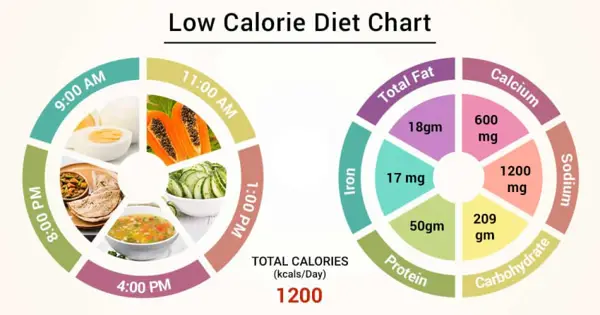
Benefits of Very Low-Calorie Diets
- Rapid weight loss - Improved insulin sensitivity - Reduced risk of chronic diseases - Lowered blood pressure - Increased energy levels - Enhanced mental clarity
Very low-calorie diets, often referred to as VLCDs, are designed to promote rapid weight loss by drastically reducing caloric intake. While these diets are not suitable for everyone, they can offer several benefits when followed under the guidance of a healthcare professional.
- Rapid Weight Loss: VLCDs can help individuals achieve quick weight loss, which can be motivating and encouraging for those looking to kickstart their weight loss journey.
- Improved Metabolic Health: Studies have shown that VLCDs can improve insulin sensitivity and reduce markers of inflammation, which can be beneficial for overall metabolic health.
- Reduced Risk of Chronic Diseases: Losing weight through a VLCD can lower the risk of developing chronic diseases such as type 2 diabetes, heart disease, and certain types of cancer.
- Enhanced Self-Esteem: Shedding excess weight can boost self-esteem and confidence, leading to a better quality of life and mental well-being.
It's important to note that VLCDs should only be followed under the supervision of a healthcare professional to ensure proper nutrient intake and avoid potential health risks. Before starting a VLCD, consult with a doctor or dietitian to determine if it's the right approach for you.
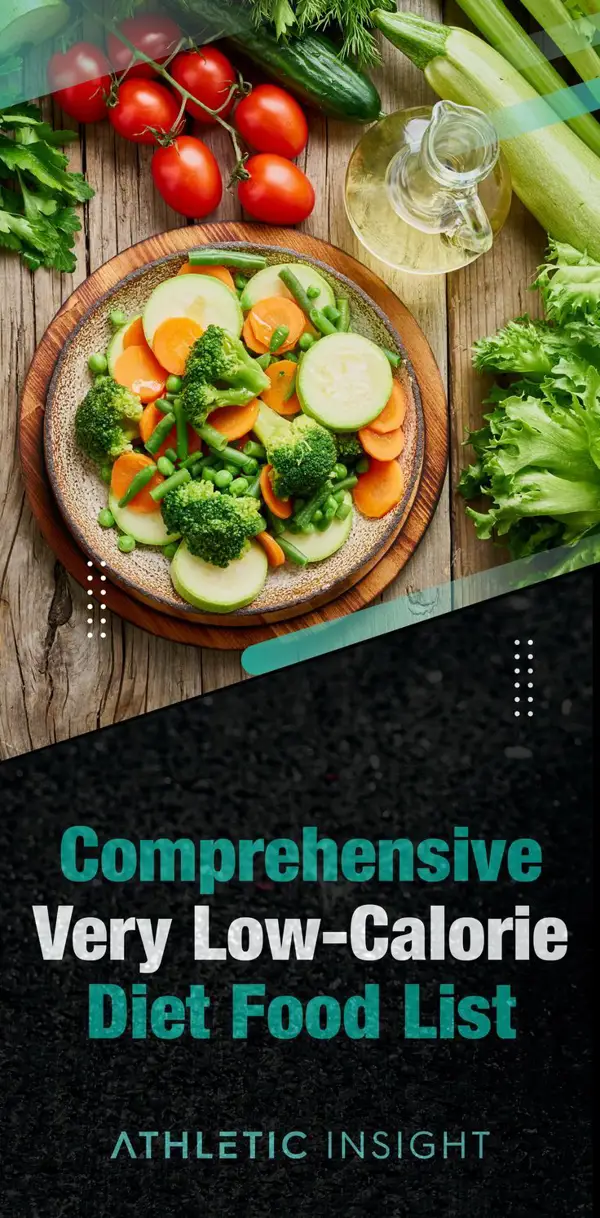
Risks and Considerations
- Nutrient deficiencies - Muscle loss - Gallstone formation - Slowed metabolism - Increased risk of binge eating - Difficulty maintaining weight loss
A very low calorie diet (VLCD) is a diet that restricts calorie intake to a very low level, typically below 800 calories per day. While VLCDs can be effective for weight loss, they also come with a number of risks and considerations that should be taken into account.
Risks:
- Nutrient deficiencies: VLCDs can make it difficult to meet your body's nutritional needs, leading to deficiencies in vitamins, minerals, and other essential nutrients.
- Muscle loss: Rapid weight loss from a VLCD can cause muscle loss, which can negatively impact your metabolism and overall health.
- Gallstones: VLCDs have been linked to an increased risk of developing gallstones due to rapid weight loss.
- Heart problems: Extreme calorie restriction can put strain on the heart and increase the risk of cardiovascular issues.
Considerations:
- Medical supervision: It is important to consult with a healthcare professional before starting a VLCD to ensure it is safe for your individual health needs.
- Monitoring: Regular monitoring of your weight, nutrient levels, and overall health is essential when following a VLCD.
- Long-term effects: VLCDs are not meant to be followed long-term, and transitioning to a sustainable, balanced diet is crucial for maintaining weight loss and overall health.
It is important to carefully consider the risks and implications of a very low calorie diet before starting one. Consult with a healthcare professional to determine if a VLCD is right for you and to develop a plan that prioritizes your health and well-being.
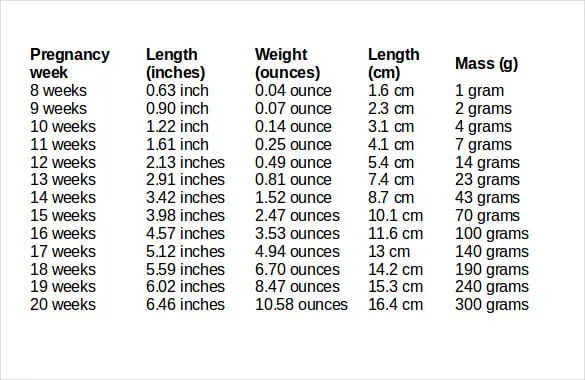
Sample Meal Plans
Breakfast: 1 boiled egg and a small piece of fruit Lunch: Mixed green salad with grilled chicken Dinner: Steamed vegetables with baked fish
A very low calorie diet (VLCD) typically involves consuming around 800 calories per day. This type of diet is designed for individuals who are looking to lose weight quickly. However, it is important to consult with a healthcare professional before starting a VLCD, as it may not be suitable for everyone.
Sample Meal Plan 1:
- Breakfast: 1 cup of black coffee or tea
- Lunch: Mixed green salad with grilled chicken breast
- Dinner: Steamed vegetables with baked fish
Sample Meal Plan 2:
- Breakfast: 1 small apple and a boiled egg
- Lunch: Vegetable stir-fry with tofu
- Dinner: Turkey lettuce wraps
Remember to drink plenty of water throughout the day and avoid high-calorie foods and beverages. It is also important to listen to your body and adjust the meal plan as needed to ensure you are getting adequate nutrients while on a VLCD.
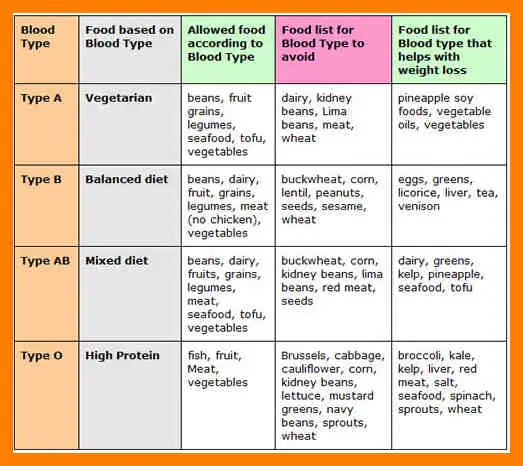
Tips for Success
- Stay hydrated - Include protein in each meal - Monitor your progress - Seek professional guidance - Listen to your body - Incorporate regular exercise
A very low calorie diet can be challenging, but with the right strategies, it can also be highly effective for weight loss. Here are some tips to help you succeed:
- Consult a healthcare professional: Before starting a very low calorie diet, it's important to consult with a healthcare professional to ensure it is safe for you and to get personalized advice.
- Stay hydrated: Drink plenty of water throughout the day to help keep your body hydrated and to curb hunger.
- Eat nutrient-dense foods: Focus on eating foods that are high in nutrients but low in calories, such as fruits, vegetables, lean proteins, and whole grains.
- Monitor your progress: Keep track of your food intake, weight, and measurements to help stay accountable and motivated.
- Get support: Consider joining a support group or working with a dietitian to help you stay on track and navigate any challenges.
- Listen to your body: Pay attention to your hunger and fullness cues and adjust your eating habits accordingly.
- Practice self-care: Prioritize getting enough sleep, managing stress, and engaging in physical activity to support your overall health and well-being.
By following these tips and staying committed to your goals, you can successfully navigate a very low calorie diet and achieve the results you desire.
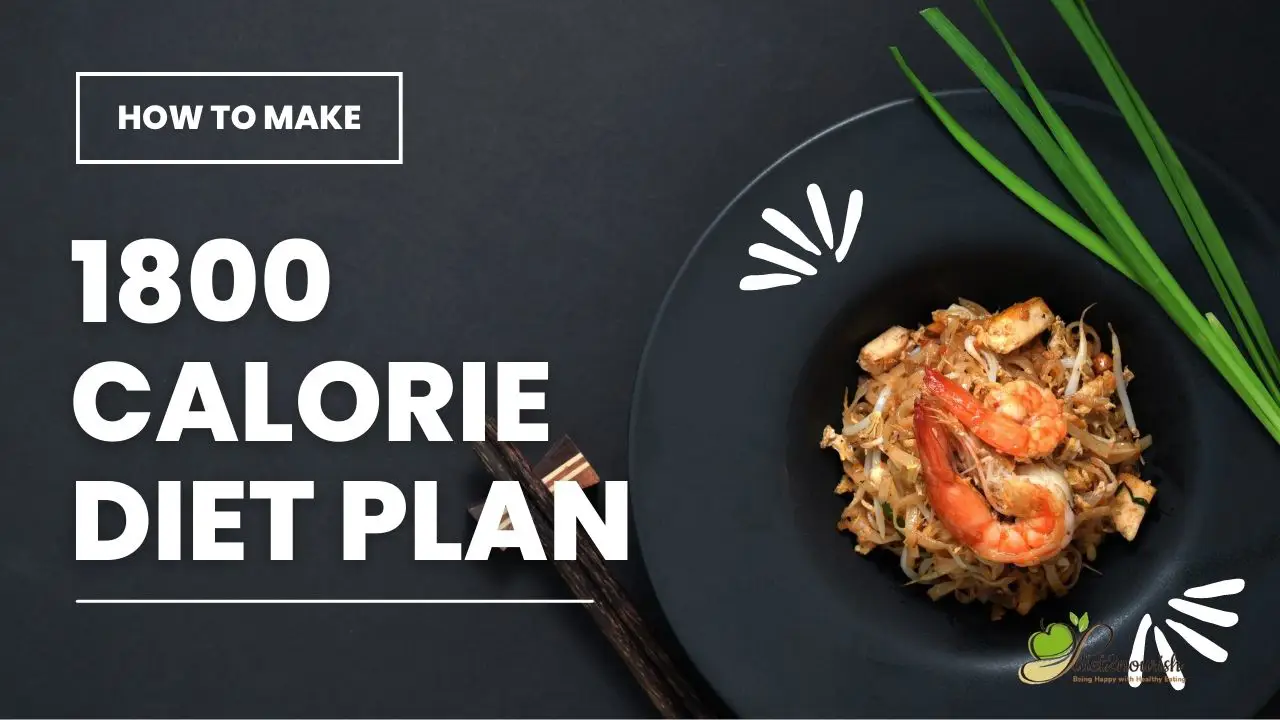
Conclusion
Very low-calorie diets can be effective for rapid weight loss, but they should be approached with caution and under the guidance of a healthcare professional. By understanding the risks and benefits, you can make an informed decision about whether a VLCD is right for you.
Key Takeaways
- Rapid weight loss is possible with very low-calorie diets
- VLCDs can improve insulin sensitivity and reduce the risk of chronic diseases
- It is important to consider the risks and potential side effects of VLCDs
- Consulting a healthcare professional is recommended before starting a VLCD
FAQ
Q: Are VLCDs safe for everyone?
A: VLCDs are not recommended for individuals with certain medical conditions or pregnant/nursing women. Consult a healthcare provider before starting a VLCD.
Q: How long can I follow a VLCD?
A: VLCDs are typically used for a short duration, ranging from a few weeks to a few months. Prolonged use can lead to nutrient deficiencies.
Q: Can I exercise while on a VLCD?
A: Light to moderate exercise is generally safe on a VLCD, but intense workouts should be avoided to prevent muscle loss.
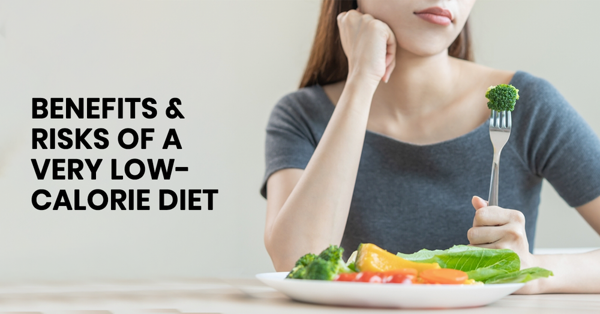


Recent Comments